Spring is here. For Afghanistan that means more violence by the Taliban and other terrorists – and more refugees leaving our country on small boats for the United Kingdom and elsewhere.
As a proud patriot it gives me nothing but shame to see the name Afghanistan ever more prominent in British Home Office data sets on illegal immigration.
Already a subscriber? Log in
Subscribe for just $2 a week
Try a month of The Spectator Australia absolutely free and without commitment. Not only that but – if you choose to continue – you’ll pay just $2 a week for your first year.
- Unlimited access to spectator.com.au and app
- The weekly edition on the Spectator Australia app
- Spectator podcasts and newsletters
- Full access to spectator.co.uk
Or

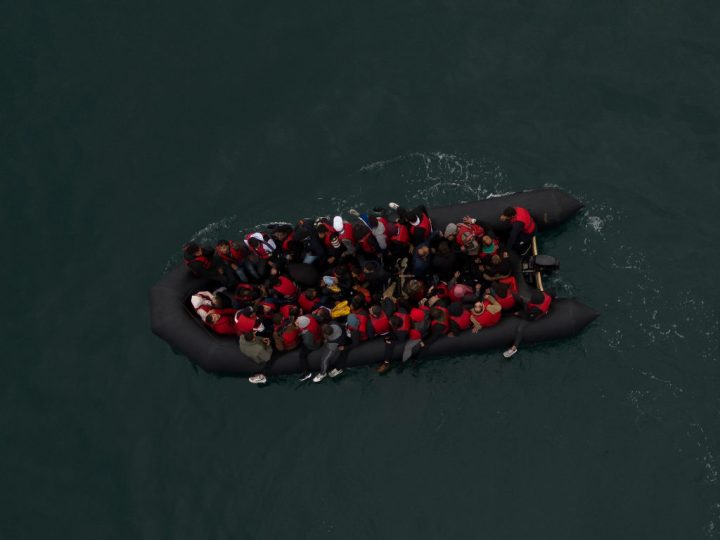

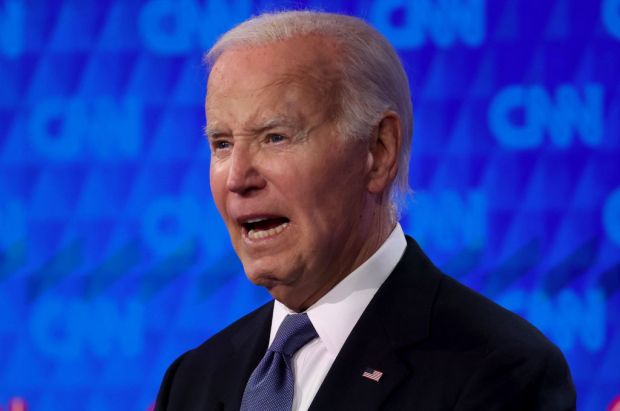
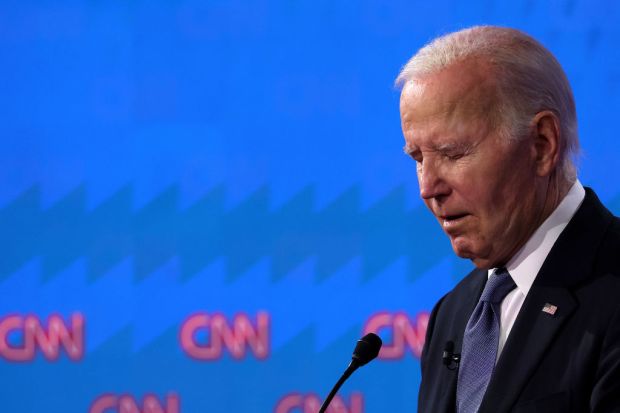

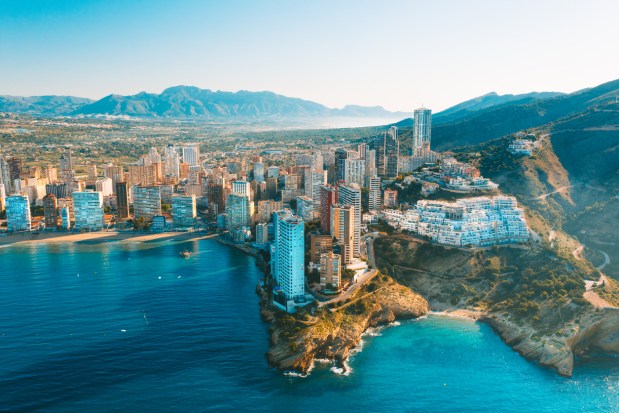
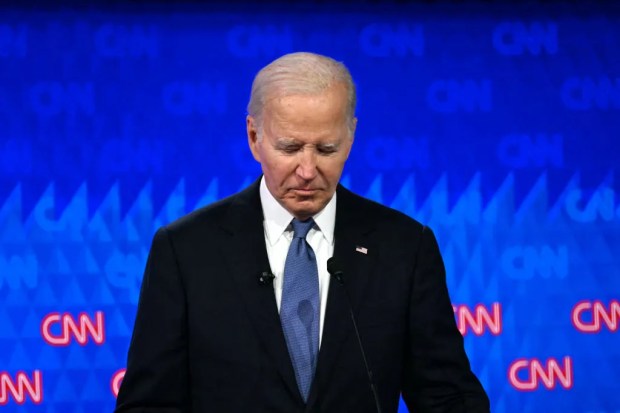












Comments
Don't miss out
Join the conversation with other Spectator Australia readers. Subscribe to leave a comment.
SUBSCRIBEAlready a subscriber? Log in